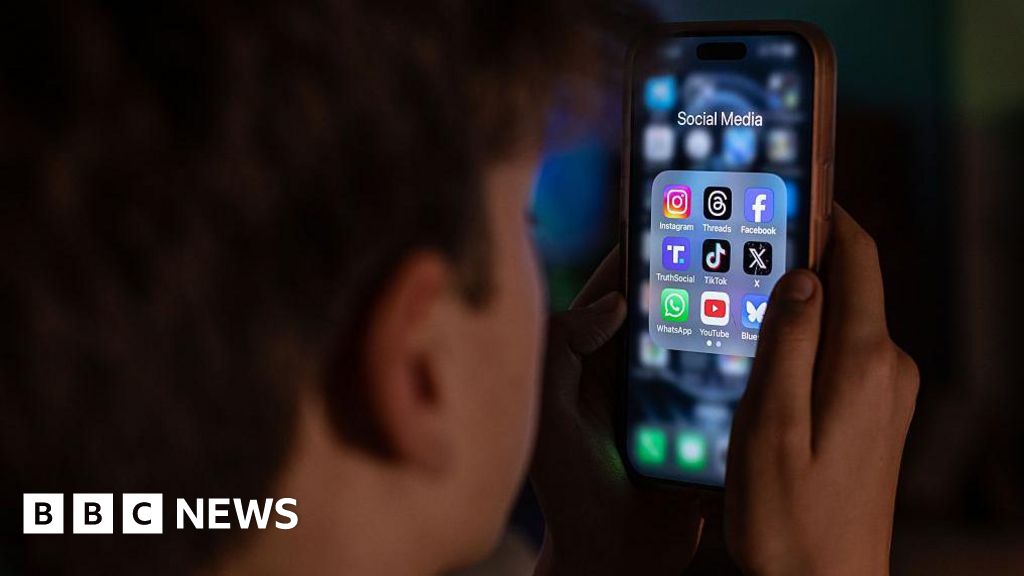Nobel Prize Honors Quantum Tunneling Breakthrough Driving Quantum Computing
Nobel Prize Awarded for Quantum Tunneling Breakthrough
Three scientists at U.S. universities—John Clarke, Michel H. Devoret, and John M. Martinis—have won the 2025 Nobel Prize in Physics for pioneering research into quantum tunneling. Their groundbreaking work in the 1980s demonstrated that subatomic particles can pass through barriers, a phenomenon known as quantum mechanical tunneling, and applied it to electrical circuits. This discovery has become foundational for quantum computing and advanced digital technology.
Scientific and Technological Impact
Their research has enabled ultra-sensitive measurements used in MRI machines and contributed to the development of faster, more efficient cellphones. The Nobel Committee highlighted how these findings open doors for next-generation quantum technologies, including quantum cryptography, quantum sensors, and computers. Clarke remarked that their work is a key reason why modern cellphones function effectively, underscoring the real-world applications of quantum mechanics beyond theory.
Legacy and Future Prospects
This award celebrates the ongoing surprises of quantum mechanics, a century-old science that continues to revolutionize technology. The laureates’ experiments have bridged the gap between abstract quantum phenomena and practical devices, paving the way for innovations that could transform information security and computing power.
About the Organizations Mentioned
Nobel Committee
The Nobel Committee is a group of working bodies responsible for selecting Nobel Prize laureates across various fields. There are six awarding committees, five of which are part of Swedish institutions: the Royal Swedish Academy of Sciences (physics, chemistry, economic sciences), the Karolinska Institute (physiology or medicine), and the Swedish Academy (literature). The sixth committee is the Norwegian Nobel Committee, which selects the Nobel Peace Prize winners[1][5]. **History and Purpose**: Established following Alfred Nobel's will in 1895, the Nobel Foundation was formally created in 1900 to manage the prizes. The first Nobel Prizes were awarded in 1901[6]. The committees aim to recognize outstanding contributions that benefit humanity, aligning with Nobel's vision of rewarding discoveries and efforts that improve society[7]. **Key Achievements**: Over the years, the Nobel Committees have recognized numerous groundbreaking achievements in science, literature, and peace. For instance, the Nobel Peace Prize has been awarded to individuals and organizations working towards global harmony and conflict resolution, such as Malala Yousafzai and the International Committee of the Red Cross[3]. **Current Status**: Today, the Nobel Committees continue to play a crucial role in identifying and honoring significant contributions. The Norwegian Nobel Committee, in particular, operates independently, reflecting the political balance of the Norwegian Parliament[5]. The committees' decisions often highlight pressing global issues and technological advancements, making them a focal point for international attention and discussion. **Notable Aspects**: What sets the Nobel Committees apart is their independence and impartiality. Unlike other awards, the Nobel Prizes are selected by committees that strive to remain unbiased, focusing solely on the merit of the work or contributions[1][3]. This approach has maintained the prestige and credibility of the Nobel Prizes, making them among the most respected awards globally.










